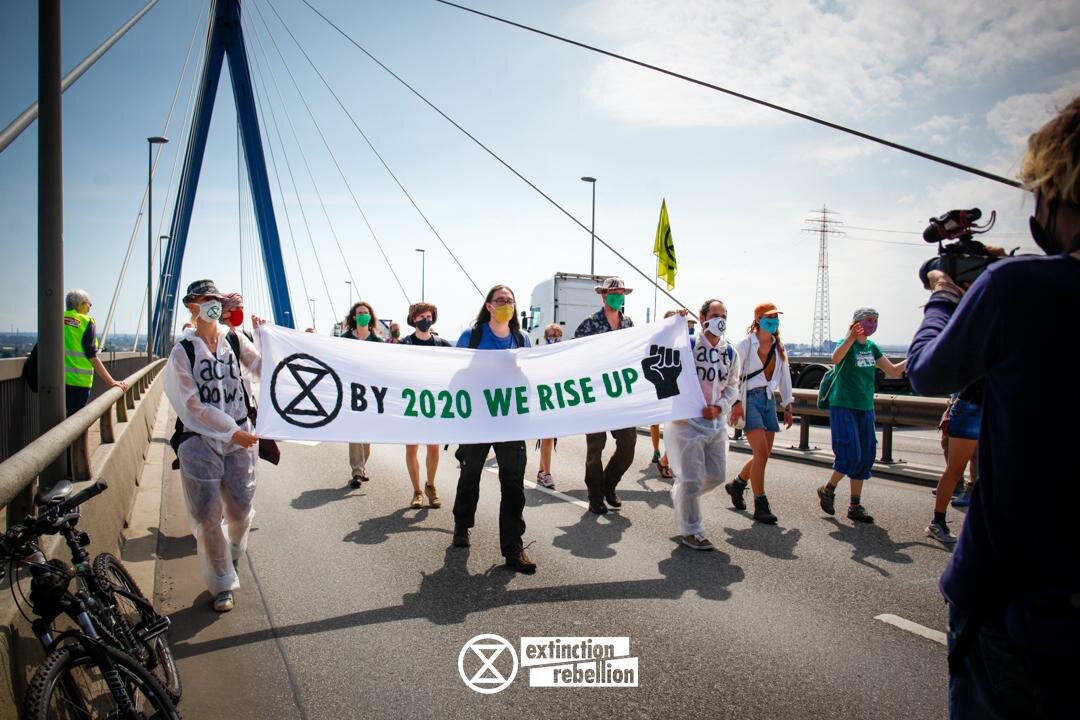Conflict resilience systems
What do we do when conflict happens, when things stop working, when differences show up?
Conflict is community owned.
Conflict belongs to the whole community, because it affects the whole community.
The first step to approaching conflict situations is to put in place support.
This means that support is in place for the person involved ahead of a conflict, and they know where to turn. If you notice someone in conflict and there is not support in place, you can offer them neutral listening space and hold that without ‘taking a side’.
A Restorative Circle is a community strategy for engaging with conflict. It offers a chance to bring people together in dialogue.
“… feedback loops are essential for any individual and group to function at full capacity and potential. Knowing how our actions affect others and the larger whole of which we are a part can support us in learning when and how to change course to contribute to others around us”. ~ Miki Kashtan
EXPLORING CONFLICT
We find great value and learning in discussions that sow seeds for looking at conflict in a different way. Opening dialogue and a space to hear each other without judgement.
Questions you can ask yourself and your group:
What does ‘conflict’ mean to you?
How do you know you’re in conflict?
Consider what goes on for you when you’re faced with conflict.
What do you experience physiologically and/or psychologically?
Why is it sometimes so scary?
What helps and doesn’t help in responding to conflict?
Think about the attitudes, mindsets and actions that you’ve experienced as working/helping or not working/helping.
What’s your dream about how to respond to conflict?
Your thoughts here will shape any system that you might create.
There is so much value in rebels upskilling themselves in relation to conflict and communication.
Active listening is a fantastic skill!
Giving someone your presence and ear without judgment is both simple and profound. Practice this in your conversations and see how it feels. You can even repeat what the person says for clarity - “What I’m hearing is…” - and check that you heard correctly.

